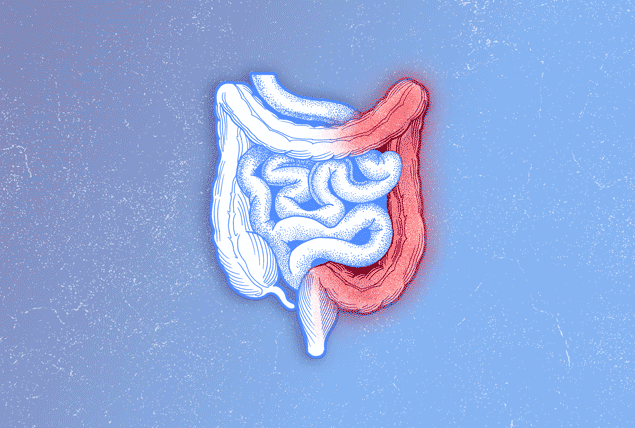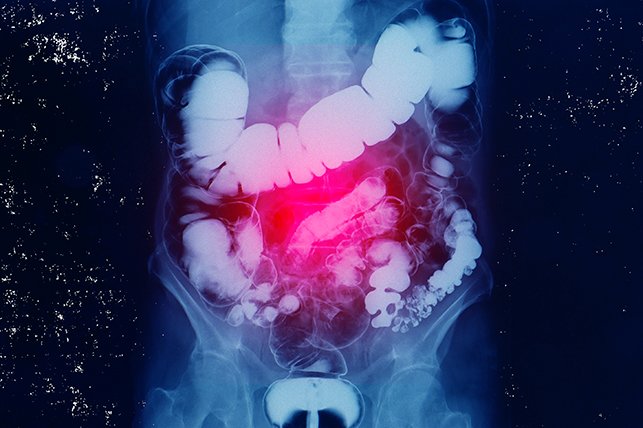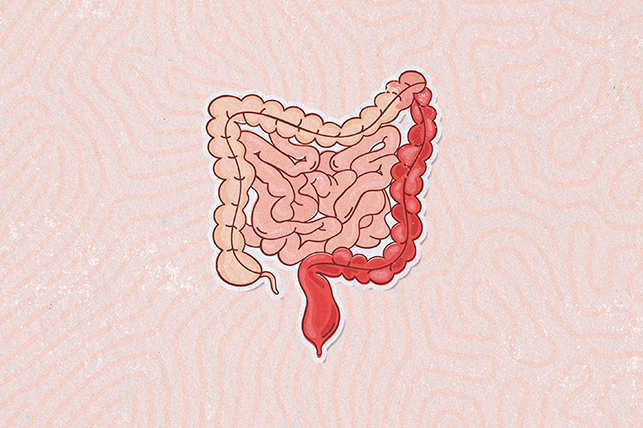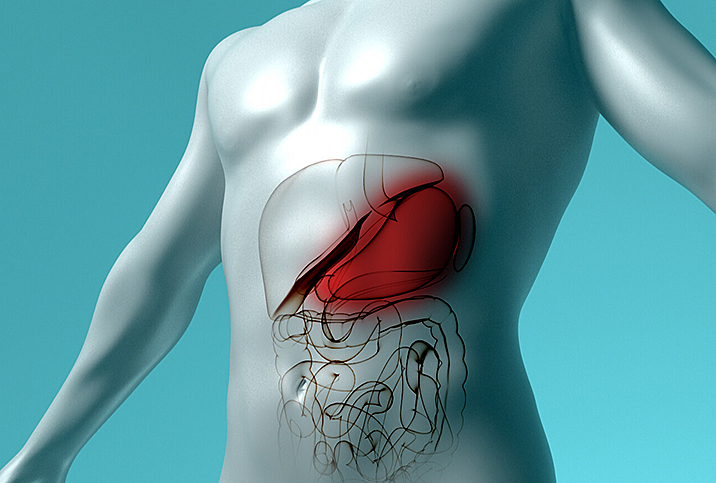Ulcerative Colitis Treatments: Medication, Procedures and Prevention

Ulcerative colitis (UC) is a chronic autoimmune disorder that occurs when the immune system attacks the bottom of the large intestine, including the colon or rectum. Symptoms can include stomach and rectal pain, diarrhea and weight loss.
There is no known cure for ulcerative colitis, but there are ways to help soothe the body and, hopefully, stay in remission. We will break down the treatment options, including medication, procedures and prevention.
Symptoms and diagnosis of ulcerative colitis
Like Crohn's disease, ulcerative colitis is considered an inflammatory bowel disease (IBD). UC primarily affects people between the ages of 15 and 30 and between 50 and 70.
The symptoms of ulcerative colitis can include frequent and sustained diarrhea, blood in the stool, abdominal cramping or pain, fatigue and low energy, and poor appetite, said Ori Rackovsky, M.D,, a gastroenterologist at Gastroenterology Associates of New Jersey.
If your doctor suspects you have ulcerative colitis, they may perform a panel of blood and stool tests. These look for the presence of white blood cells in the stool, which can indicate UC; stool samples can also rule out other health issues, including parasites and infection.
However, the primary tool for diagnosis is a procedure called a colonoscopy.
"A camera is passed into the large intestine so that it can be viewed directly. During this procedure, a specialized physician called a gastroenterologist will look carefully at the inside of the intestine to evaluate for signs of ongoing inflammation," Rackovsky said.
In addition to a colonoscopy, Rackovsky pointed out that samples of the lining of the intestine, called biopsies, can be taken to evaluate for the typical signs of ulcerative colitis under a microscope. This biopsy is needed for an accurate diagnosis.
Treatment of ulcerative colitis
There are many different kinds of medical treatments for UC, Rackovsky explained.
"But all the treatments focus on the basic cause of the disease, which is an inappropriate immune response against the large intestine," he said.
5-aminosalicylates
Pill-based treatments, known as 5-aminosalicylates, work to reduce inflammation both locally in the intestines and throughout the body, Rackovsky said. Depending on where the inflammation is present in the colon, the pills can be taken orally, as a suppository or as an enema.
Corticosteroids
Typically, anti-inflammatory drugs are the first step in the treatment of ulcerative colitis. If the body doesn't respond to anti-inflammatory drugs, then corticosteroids will likely be the next step. These drugs, commonly prednisone and budesonide, are part of a class of steroids that help suppress the immune system's natural function.
Since the immune system is overactive in UC, these medications can keep symptoms at bay. These drugs may have other side effects, including swelling, an increase in blood pressure and memory issues or confusion, which may make them unsuitable for long-term use. Studies suggest there could be a potential link between corticosteroids and breast cancer.
Biologics
"Another group of medications are the biologics, which are specialized antibodies that target specific aspects of the immune system that are overactive. The biologics are given by injection or intravenous infusion every several weeks," Rackovsky said.
Biologics are a relatively recent treatment option. These medications are derived from human or animal genes to target specific proteins in the gut associated with inflammation. Some biologics can help prevent white blood cells from getting to the inflamed part of the colon, thereby reducing further inflammation.
Surgery
If ulcerative colitis stops responding to medication or other compilations develop, a healthcare professional may recommend surgery. Studies suggest that 10 percent to 30 percent of UC patients may require surgery.
There are two types of surgery for people with ulcerative colitis. The most common type is J-Pouch surgery, wherein the colon and rectum are removed and a J-shaped pouch is created out of the small intestine, allowing poop to pass through the rectum normally. This major surgery typically is suggested only as a last resort.
During a proctocolectomy, a surgeon removes the colon and rectum. After that, during the same surgery, the doctor performs a permanent ileostomy, which uses external or internal pouches called ileal pouches to collect and store digestive waste.
Lifestyle changes for ulcerative colitis
While there is no known cure for UC, certain lifestyle tweaks can make a flare-up less intense. A doctor may recommend eating small meals or adhering to a low-fiber diet to help reduce the stool that must pass through the body.
Keeping a food diary can help you and your doctor pinpoint foods that cause your ulcerative colitis to flare. Choosing foods that can soothe the gut, like salmon or fruit, can help, though it's worth noting that some foods, such as nuts or raw vegetables, may make UC worse in some people.
Finding ways to reduce stress may help to reduce the frequency of flare-ups, as stress can be a trigger for autoimmune diseases.
Preventing ulcerative colitis
The cause of UC is unknown. There is no definitive cure or way to prevent this disease, Rackovsky explained.
"UC does seem to have a strong genetic component, so if you have a family history of ulcerative colitis, it is important to be vigilant for symptoms. UC will often respond best to treatment if caught early in the disease course, so look out for symptoms and seek care with a gastroenterologist if you feel unwell," he said.
Early symptoms to look out for include diarrhea (often with blood in the stool), unexplained weight loss, abdominal or rectal pain, and fatigue.
The bottom line
Ulcerative colitis is an inflammatory disease affecting the rectum and colon. There is no cure, however, medication and lifestyle changes can help soothe gut irritation and may reduce the time between episodes. Surgery is an option for patients who don't respond well to medication or have other conditions.
Speak with your doctor to get tested or find a healthcare provider using Giddy Telehealth. This online portal provides easy access to hundreds of healthcare professionals. With a full scope of medical care, you can find a physician who works for you.


















